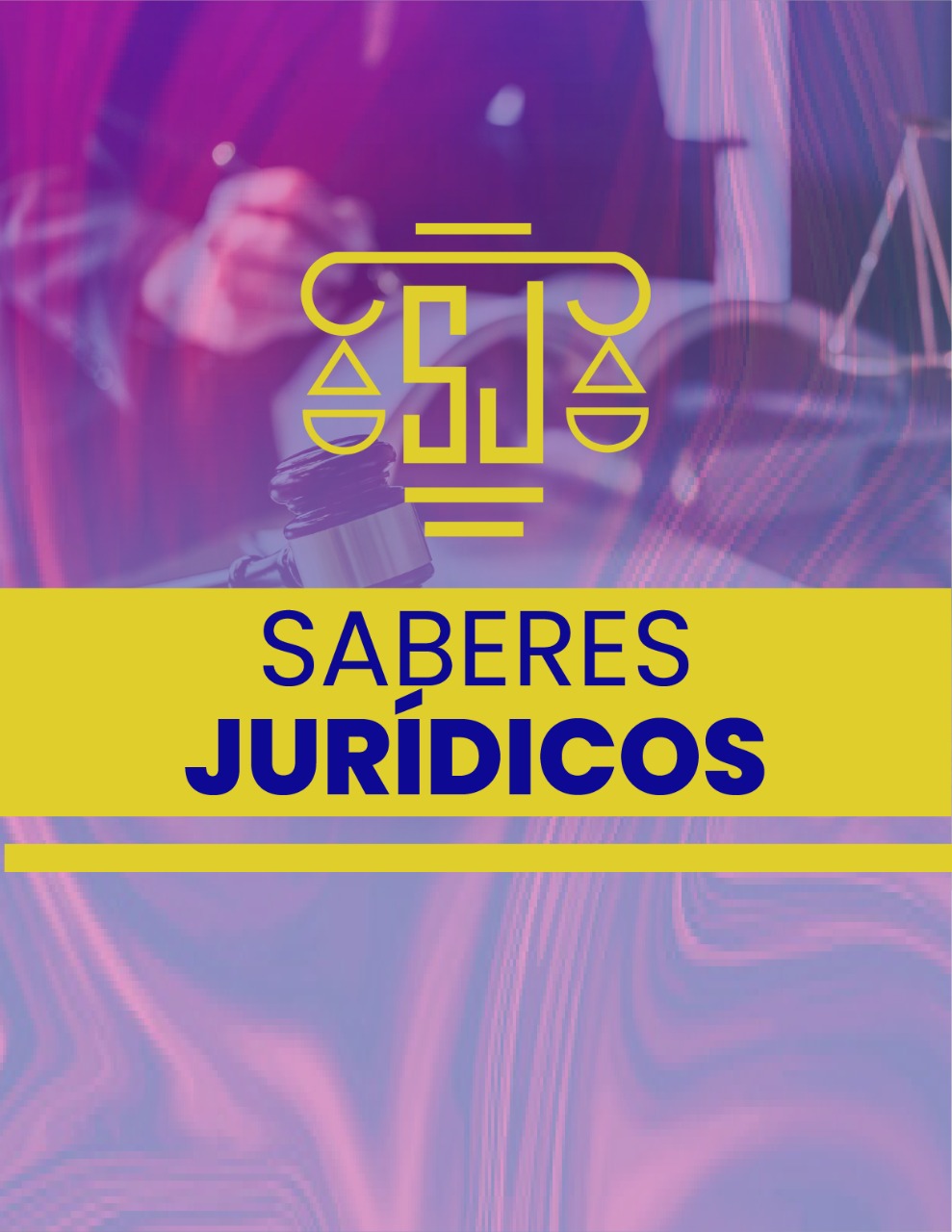Abstract
The crises are very specific and consubstantial to democracy. No thinker or scholar or politician or citizen should be scared by the crises that democracy suffers. The crises of democracy, in general, they constitute opportunities for the transit to its strengthening. However, there are situations in which the crises of democracy, show crossroads that can open the way to authoritarian political models interested in destroying the model of democracy and the rule of law, and give a way to the existence of dictatorships in their more varied versions and authoritarian governments. And, is that, in the contemporary world, and from the entrails of democracy and governments that have failed in the protection and guarantee of human rights, and by means not foreign to democracy, totalitarian regimes with pretensions to eternalize in power spring up and endanger or destroy peace and the realization of human rights. This has been and still is the situation of Latin American countries, which have suffered dictatorships sprung from the very bowels of democracy under the assumption of defending direct or social democracy by destroying the system of checks and balances and political and political liberties. civilians of the Constitutional State of Law and of the constitutional democracy. Identifying the institutional weaknesses that support the crises of the democracies and offer institutional alternatives from the constitutional democracy in the globalized world, is the end of this workReferences
Arendt, H. (2006). Diario filosófico. Herder. Barcelona, España.
Aristóteles. (2011). Política. Espasa. Madrid. España.
Bobbio, N. (2009). Teoría general de la política. Trotta. Madrid. España.
Carpizo, J. (1978). El presidencialismo mexicano. Siglo XXI. México.
Carpizo, J. (2009). En búsqueda del ADN y las influencias en sistemas presidenciales y parlamentarios. Externado. Bogotá. Colombia.
Ferrajoli, L. (2015). La democracia a través de los derechos. El constitucionalismo garantista como modelo teórico y proyecto político. Trotta. Madrid. España.
Ferrajoli, L. y Ruiz Manero. (2012). Dos modelos de constitucionalismo. Una conversación. Trotta. Madrid.
García Pelayo, M. (1984). Derecho constitucional comparado. Alianza. Madrid. España.
Kaufmann, A. (1999). Filosofía del derecho. Externado. Bogotá. Colombia.
Habermas, J. (2000). La constelación posnacional. Paidós. Barcelona. España.
Pabón Arrieta, J. (2019). La democracia en América Latina: un modelo en crisis. Bosch Editor. Barcelona. España.
Popper, K. (2010). Después de la sociedad abierta y de sus enemigos. Paidós. Barcelona. España.
Tocqueville, A. (2009). La democracia en América. Fondo de Cultura Económica. México. México D. F.
Tucídides. (2009). Discurso fúnebre del Pericles. Sequitor. Madrid. España.


